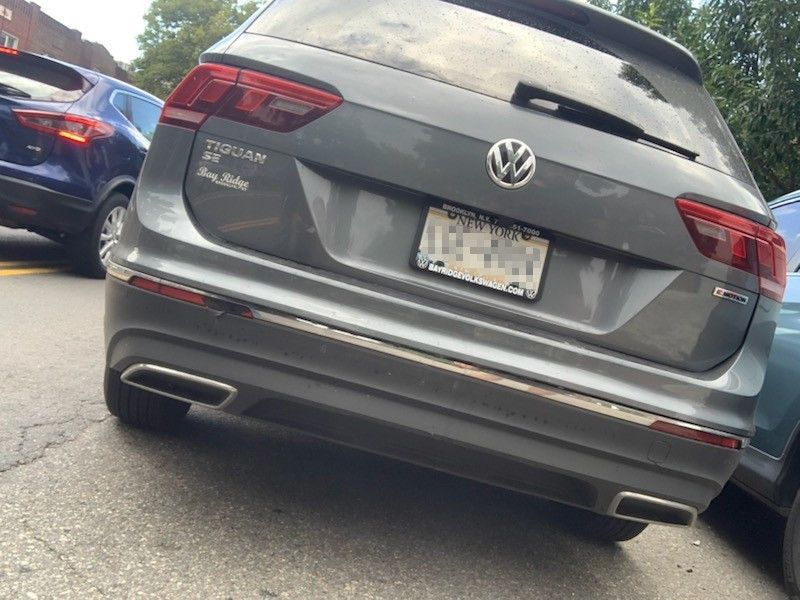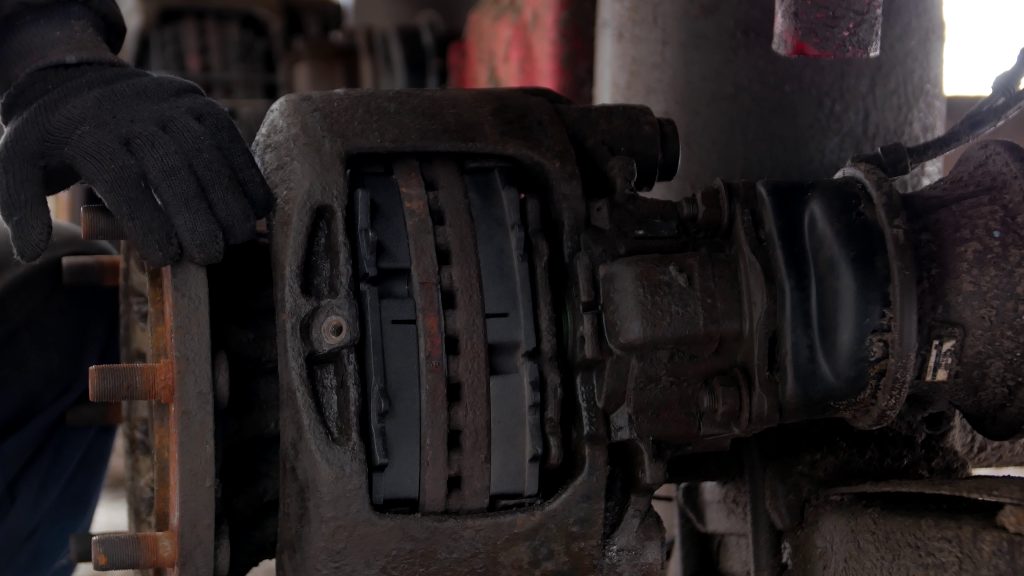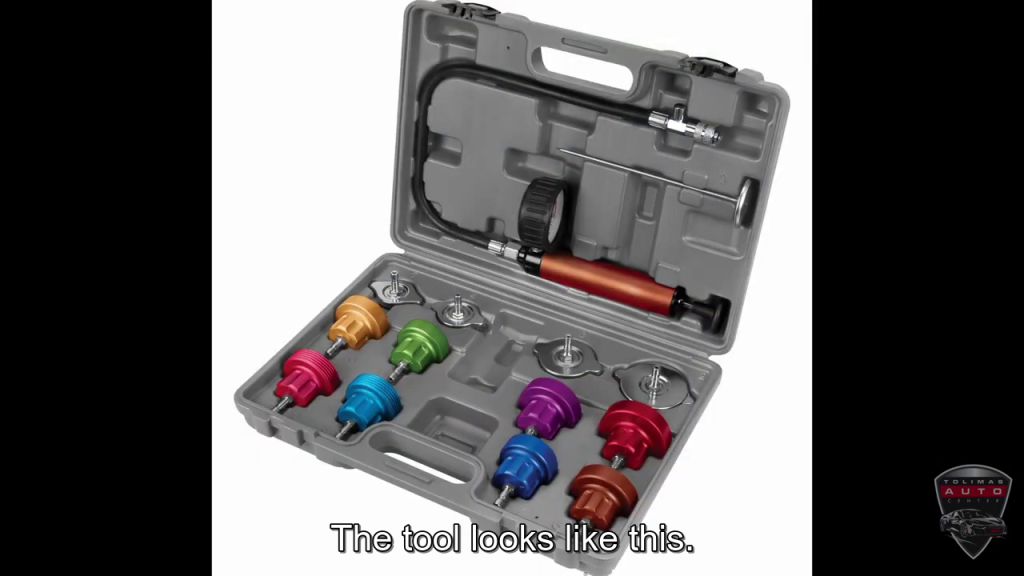A check engine light on your dashboard can actually come on when there is nothing mechanically wrong with your car and can simply be a false alarm. Most cars made after 2000 have an array of sensors that monitor certain systems and they simply send out a signal that everything is fine. These sensors aren’t used in any particular way to run your engine or transmission. They simply exist to let the computer know things are fine.
As the car ages these sensor simply burn out. Once the computer stops receiving a reading from the sensor a check engine light will be set. The car is still running perfectly fine, but you’ll get the dreaded check engine light. Some of these false alarms can be scary such as low oil pressure lights, anti-lock braking system lights, low coolant lights. These can be quite alarming as they can cause serious engine damage.
4 Most Common Reasons You Can Get A Check Engine Light False Alarm
The #1 Cheap aftermarket sensor replacements
Usually Original Manufacturer Equipment sensors have brand markings from the company along with a serial number. When diagnosing failed sensors we commonly find sensors that have no markings on them or have a strange design different from what the original sensor should look like. This is indicative of aftermarket generic sensors. The reason these sensors are used is because they are extremely cheap. Unfortunately they tend to last a few months to a year before they fail again.
Many discount mechanic shops that only offer 3 month warranties likes to use these types of generic sensors as they are so cheap, they allow them to keep a higher profit margin on their discount repairs. Since their warranties are so short they don’t have to worry about the sensors failing again after a few short months. These generic sensors are usually found on eBay or Alibaba in bulk. Since Tolima’s Auto Center offers a standard 2 year, 24,000 mile warranty we only use Original Equipment Manufacturer sensors and parts for the longest lasting repairs.
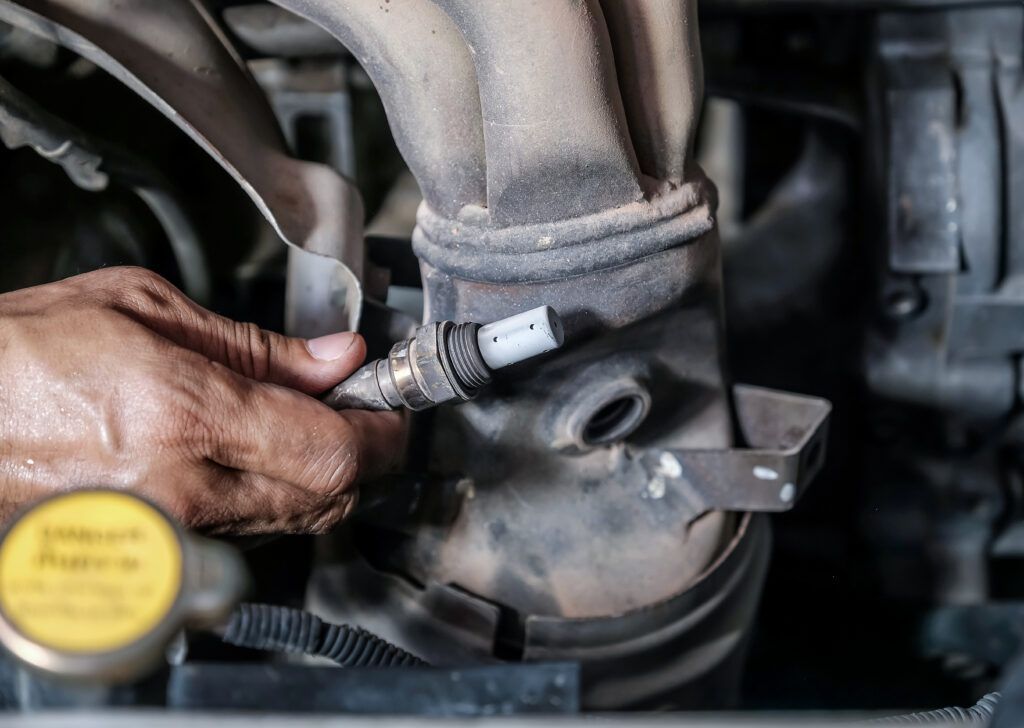
#2. The wrong sensor is used
Even as a professional shop once in a while we receive the wrong sensors/parts from our suppliers. We have found that this is also another reason sensors fail prematurely. A “Do It Yourself Mechanic”, will order a part online or at the auto parts store and simply replace it. This might cause a check engine light immediately or a few days or weeks down the line and they will get a check engine light. This comes down to experience. When you work on cars every day our mechanics and service writers can quickly identify a if a sensor we get from our suppliers is the correct sensor.
#3 Bad Quality OEM Parts
Some auto manufacturers are a bit notorious for using substandard quality parts. In these cases we will see cars that are only 6 years old, barely out of warranty have sensors that failed. In these instances we try to find an aftermarket name brand solution with an improved design. Certain car companies are so notorious for this that there are other companies that have business models around making improved longer lasting designs!
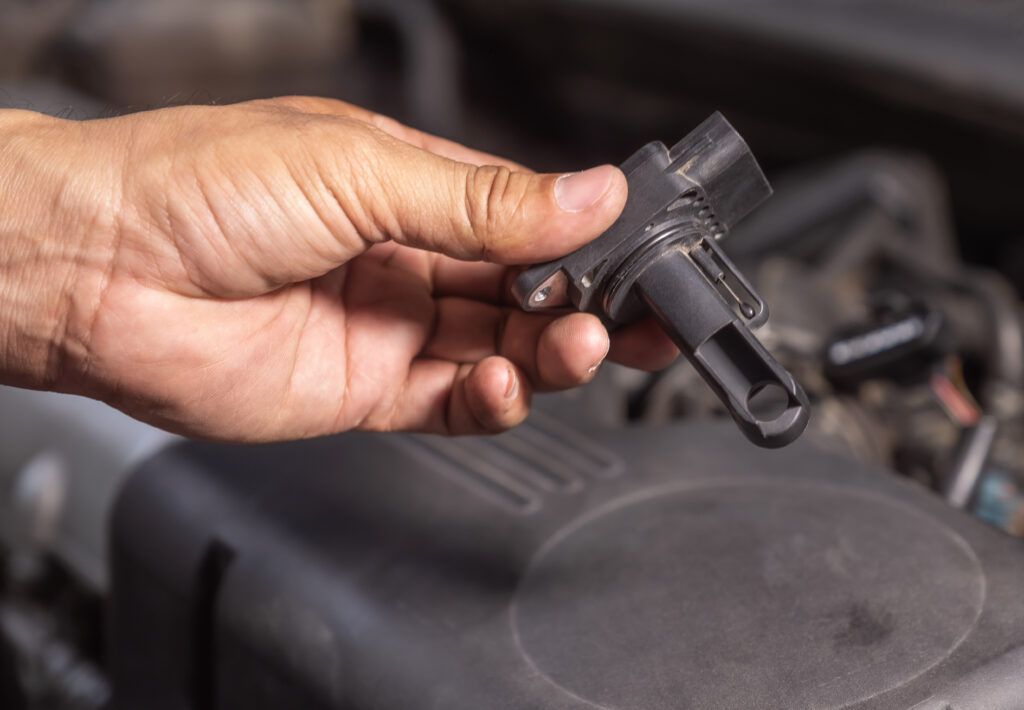
#4 Old or Tired Sensors
As sensors rack up year and tens of thousands of miles of use they get worn out. They become less accurate and don’t report changes in their readings as often or simply stop sending a signal. We see this is often in cars 10 years or older. There are many early 2000’s and late 1990’s cars still on the road today and while their electronic systems were much more simple and reliable they also have sensors that have are tired and give bad readings or simply fail. This causes check engine lights that simply require a new sensor.
Most sensors in your car simply report if a component is working or you aren’t low on a critical fluid such as coolant. There are also active sensors that your car depends to run on and consistently give reading every moment your engine is running. These are critical as they are required for your engine to run correctly. When these sensors fail you will usually get a flashing check engine light and the car might stall or chug like a train when you accelerate. These sensors need to be changed immediately otherwise failure can cascade and cause other components to fail. So not all check engine lights are false alarms and should be diagnosed immediately unless you know exactly what is wrong. If you have any questions always feel free to contact us !
